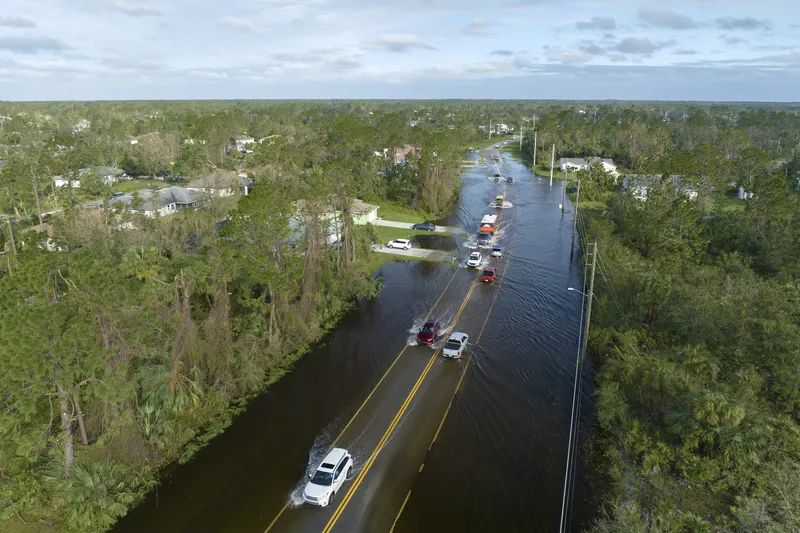New data available from the American Road & Transportation Builders Association (ARTBA) highlights the importance of transportation spending to US economic growth. This information can be sourced through a new Internet resource set up by ARTBA. The data has been revealed at a time when the multi-year highway/transit authorisation bill is still being discussed in the US Congress. The US secretary of Transportation, Ray LaHood, said at the CONEXPO-CON/AGG 2011 that he hopes a six year authorisation bill will
May 16, 2012
Read time: 2 mins
New data available from the American Road & Transportation Builders Association (ARTBA) highlights the importance of transportation spending to US economic growth. This information can be sourced through a new Internet resource set up by ARTBA.
The data has been revealed at a time when the multi-year highway/transit authorisation bill is still being discussed in the US Congress. The US secretary of Transportation, Ray LaHood, said at the CONEXPO-CON/AGG 2011 that he hopes a six year authorisation bill will be signed in August of this year, but there is still concern that more delays will appear.
ARTBA’s interactive website provides information about the job creation impacts of federal transportation investment on the national and state economies. The data, found at www.transportationcreatesjobs.org, shows the number of American jobs that could be at risk if the House and Senate fail to take action on a long-term bill. It also provides statistics about the size and scope of each state’s transportation network, the current road and bridge investment needs, commuting patterns, and the impacts on other industries that depend on the nation’s transportation network.
The research was conducted by ARTBA vice president of policy & senior economist Alison Premo Black, an economics doctoral candidate at The George Washington University. Utilising US Census Bureau “County Business Patterns” data and the US Commerce Department’s Regional Input‐Output Modeling System (RIMS II), Black found that the transportation construction industry’s largest economic impact is in the state of California, where it generates or sustains more than 354,000 jobs. California’s followed by New York (286,449), Texas (276,276), Florida (196,087), Pennsylvania (148,669), Illinois (129,014), Georgia (106,658), Ohio (104,310), Washington (100,384) and New Jersey (97,036). Black said that money invested in transportation construction industry employment and purchases generates over US$380 billion in US economic activity, nearly 3% of the nation’s Gross Domestic Product (GDP).
The data has been revealed at a time when the multi-year highway/transit authorisation bill is still being discussed in the US Congress. The US secretary of Transportation, Ray LaHood, said at the CONEXPO-CON/AGG 2011 that he hopes a six year authorisation bill will be signed in August of this year, but there is still concern that more delays will appear.
ARTBA’s interactive website provides information about the job creation impacts of federal transportation investment on the national and state economies. The data, found at www.transportationcreatesjobs.org, shows the number of American jobs that could be at risk if the House and Senate fail to take action on a long-term bill. It also provides statistics about the size and scope of each state’s transportation network, the current road and bridge investment needs, commuting patterns, and the impacts on other industries that depend on the nation’s transportation network.
The research was conducted by ARTBA vice president of policy & senior economist Alison Premo Black, an economics doctoral candidate at The George Washington University. Utilising US Census Bureau “County Business Patterns” data and the US Commerce Department’s Regional Input‐Output Modeling System (RIMS II), Black found that the transportation construction industry’s largest economic impact is in the state of California, where it generates or sustains more than 354,000 jobs. California’s followed by New York (286,449), Texas (276,276), Florida (196,087), Pennsylvania (148,669), Illinois (129,014), Georgia (106,658), Ohio (104,310), Washington (100,384) and New Jersey (97,036). Black said that money invested in transportation construction industry employment and purchases generates over US$380 billion in US economic activity, nearly 3% of the nation’s Gross Domestic Product (GDP).









